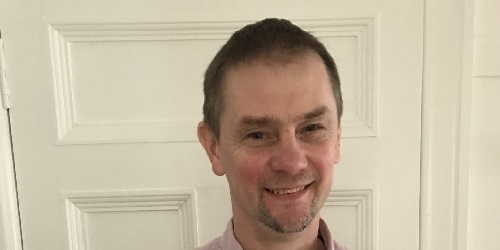Getting water, sanitation and energy to marginalised communities

As urban populations continue to expand worldwide, enabling universal access to vital services becomes an ever-more pressing challenge.
The challenge
It’s a familiar story around the world today: rapidly expanding urban areas accommodating high levels of informal settlements and deprivation. Access to decent sanitation, reliable supplies of water and good sources of energy is limited, with major discrepancies between availability for wealthy and poor communities. The breakneck speed of population increase means makeshift settlements are established far from existing infrastructure, making them difficult to connect to service networks and forcing citizens to rely on energy sources such as charcoal, shared taps for local well water and the most basic of on-site sanitation.
Our research in the fast-growing cities of Freetown, Sierra Leone and Kampala, Uganda looks at how we might increase access to essential services in the cities of low- and middle-income countries across the world.
What we're doing
We’re combining social, economic and political analysis with natural science and engineering to understand how infrastructure, management, finance and governance can be improved to expand access to vital services, particularly for the poorest people in each city.
To do this, it’s important that we first gain a deep knowledge of the cities we’re working in. We’ll analyse how they’ve developed, how they’re likely to develop in future and which areas currently have access to formal or informal services. We’ll also study the environments of each city to identify key hazards and assess how these may affect the different services.
We’ll use the data we collect, including that taken from both official statistics and NASA sources, to assess and map existing on-grid services. We’ll investigate how informal suppliers operate and how the cities’ decision-makers believe they could extend services to those currently without them. Most importantly, we’ll also engage with people living in marginalised communities to hear about their experiences with these services and how they think they should be improved. Through structured, consensus-building discussions, our research will lead us to generate and present a set of options for improving services across these two cities. We’ll then test specific interventions and evaluate their outcomes and value for money.
How it helps
By working with local stakeholders, we aim to address the most important questions of – and find the best solutions for – those funding, making decisions about and using water, energy and sanitation services in Freetown and Kampala.
Additionally, our research will allow to us draw up city-wide plans for the future development of these critical services in Sierra Leone, Uganda and beyond.
Visit the Beyond the Networked City project page
 Lead researcher profile
Lead researcher profile
Professor Guy Howard, Global Research Chair in Environmental and Infrastructure Resilience
Related research centres
Partner organisations
- Loughborough University
- Makerere University
- Sierra Leone Urban Research Centre
- University of Cape Town
Funders
- Global Challenges Research Fund